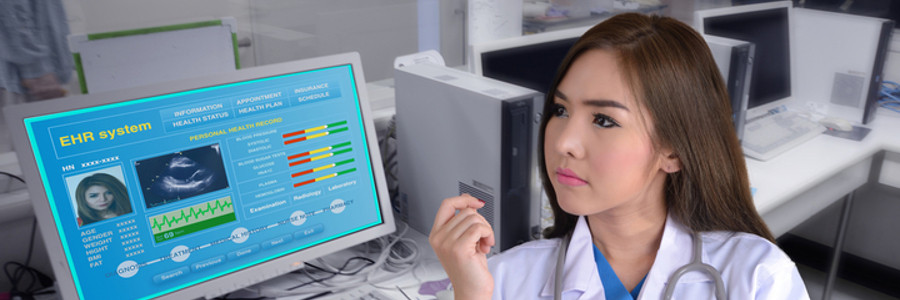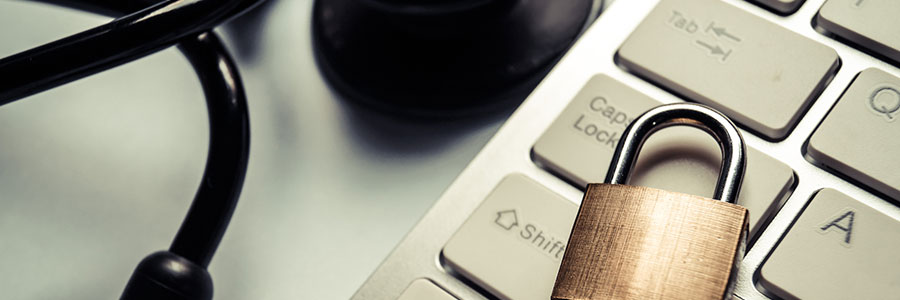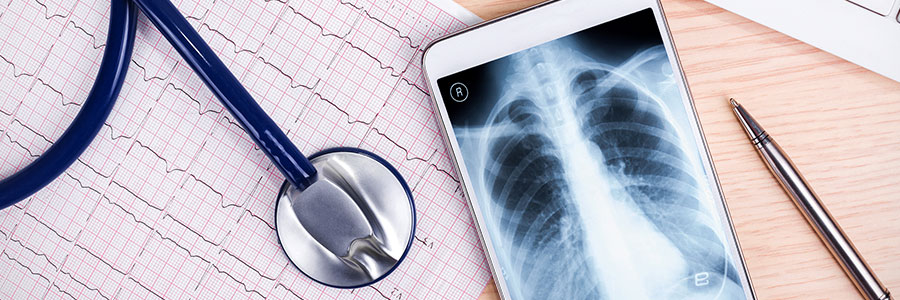Adopting technology that efficiently stores customer information in one highly organized system used to be inconceivable for many businesses. But not anymore. For healthcare organizations, in particular, digitally collecting and storing patient data has become possible with EHR.
EHR stands for “Electronic Health Record,” and a lot can go into getting your practice ready for one of these data-sharing, network-connected, enterprise-wide information systems.









